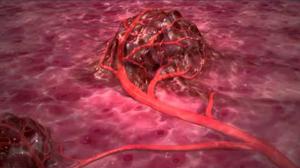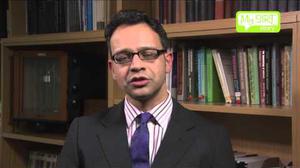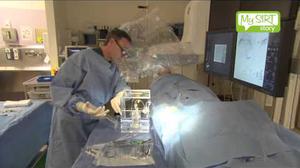
Treatment
A team of specialists in the hospital called the multidisciplinary team will work together to recommend the best treatment options for you and your circumstances. This team can include:
- Cancer specialists
- Liver specialists
- Surgeons
- Nurses
- Psychologists
- Dieticians
- Physiotherapists
- Occupational therapists
- Counsellors
It is important to remember that the final decision will always be yours and that the team is there to help you make the choice that is right for you.
Treatment for liver cancer depends on the stage the condition is at. For the one in ten people with liver cancer that are diagnosed at an early stage, it may be possible to treat using one of the methods below:
- Resection - surgically removing the cancer
- Liver transplant - replacing the liver
- Ablation - destroying cancer cells directly through heat (e.g. radiofrequency ablation or microwave ablation), cold (cryotherapy) or chemicals (ethanol injections)
In most people, liver cancer is diagnosed at a much more advanced stage when a cure is not usually possible. As a result, only one in five people live for a least a year after being diagnosed with primary liver cancer with only one in 20 people living for at least five years. Chemotherapy, radiotherapy and drugs called “biological agents” can be used at this stage to slow progression, relieve symptoms and prolong life.1 At a very advanced stage, the focus is on relieving pain and discomfort as it is can be too late to slow down the spread of the cancer.
- Cancer Research UK. https://www.cancerresearchuk.org/cancer-help/type/liver-cancer/treatment/statistics-and-outlook-for-liver-cancer – Accessed 6/5/14

There are three ways in which you can get SIRT treatment:





























